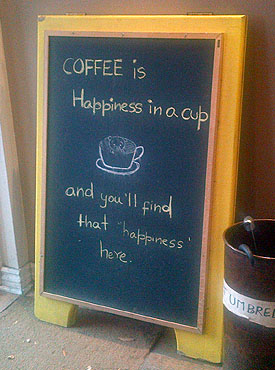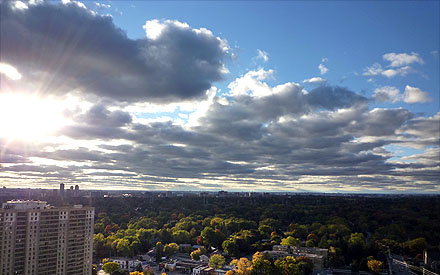Companies love to make illusions to increase their revenue. In North America, fat-free is widely believed to be good for your health, but for me who came from a country where people widely recognize that too much sugar is not good for our health, sweetened fat-free yogurt is bad for your health. In Japan, people call electric car “eco-car”, but they cannot be environmentally friendly because the majority of electricity in Japan is generated by burning fossil fuel. The difference between gasoline cars and electric cars is where to pollute, whether on the road or at the power plant. There is virtually no difference between them in terms of global warming. But I don’t blame those consumers because such illusions have been imprinted on their mind by those companies who love to increase their revenue by all means.
Recently, nearly 200 countries gathered in Paris and agreed to reduce greenhouse gas emission. It sounds very challenging. Using electric cars cannot be a solution, at least in Japan for now.
According to this internet article, some researchers have concluded that the world could run entirely on renewable energy by 2050. Is this an illusion? According to the internet article, claiming that replacing all fossil fuel is unrealistic is “mythical”. The following is a quote from the article.
“People who are trying to prevent this change would argue that it’s too expensive, or there’s just not enough power, or they try to say that it’s unreliable, that it will take too much land area or resources,” Jacobson says. “What this shows is that all these claims are mythical.”
“Myth” is often deliberately made. Electric car as “eco-car” in Japan, as mentioned above, is a typical example; the car industry deliberately made the myth (I mean, I hope they are not so ignorant that they seriously think electric cars are environmentally friendly. They are smart, knowledgeable people). If the argument in the internet article is true, who made the myth? Oil and gas industry? I don’t know. In other cases, the root of myth is often unclear. One example is recycling. Many people believe that recycling is good, but in fact it can be only better than disposing because recycling itself requires energy. Reuse is generally better than recycle, or even disposing harmless materials can be better than recycling equivalent materials. I don’t know if the myth was made by recyclable material manufacturers or it has been made because of people’s misunderstanding or ignorance.




